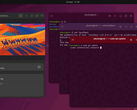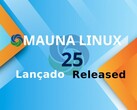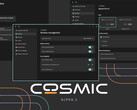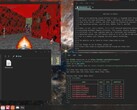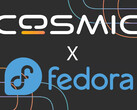Debian developers have confirmed a major technical shift in the project's core package manager. According to a message posted by long-time contributor Julian Andres Klode to the official Debian developer mailing list, the APT tool will begin incorporating Rust-based code no earlier than May 2026, introducing a hard dependency on the Rust toolchain.
The change is designed to improve memory safety and long-term maintainability in one of Debian's most critical system components. Klode noted that the update will particularly affect architectures and derivative distributions without a working Rust toolchain, warning that ports unable to support Rust may need to be retired if compatibility cannot be achieved in time.
The announcement, covered by Linuxiac and widely shared on Reddit's r/Linux community, was described by users as a cautious, incremental improvement rather than a full rewrite. A few commenters noted that legacy ports like m68k and SH-4 are unlikely to be affected, as they are no longer part of Debian's officially supported architectures. The announcement has also circulated on X (formerly Twitter), where developers and open-source enthusiasts have shared similar discussions about Debian's gradual move toward Rust-based components.
Rust integration within APT aligns with a wider open-source trend, as major Linux distributions and kernel subsystems adopt Rust to enhance security and reliability in low-level software. The transition is also expected to impact build environments, CI pipelines and driver packaging workflows across embedded and industrial platforms where Rust is not yet part of the default toolchain.
Klode wrote that the project needs to move forward with modern tools rather than adapting new software to outdated hardware platforms, a stance that has prompted discussion among port maintainers about long-term support and sustainability.
Community discussion has reflected both optimism and caution, with some users welcoming the focus on safety and modernisation, while others raise concerns about compatibility and the potential loss of older architectures.
For hardware testers and Linux maintainers, the shift could redefine long-term support strategies, particularly for niche architectures still used in benchmarking, retrocomputing and specialised hardware development.



